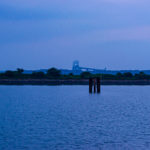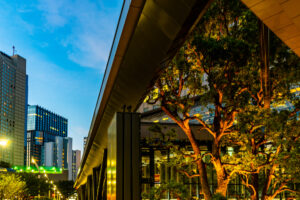Summer’s End in Tokyo 2021
Summer’s End
A few days into August, the hottest part of the year when humidity weighs down the sunshine, the weather suddenly cooled.
Lazy showers prevailed, gently pattering now turning briefly into a heavy downpour for a while, bringing a sliver of chill in the early morning.
I walked by the the path, bowered by Dogwood, Zelkova, Gingko, Cedar trees with Cherry trees planted Intermittently, confusing to a botanical illiterate. Three rows of trees, across two paths.
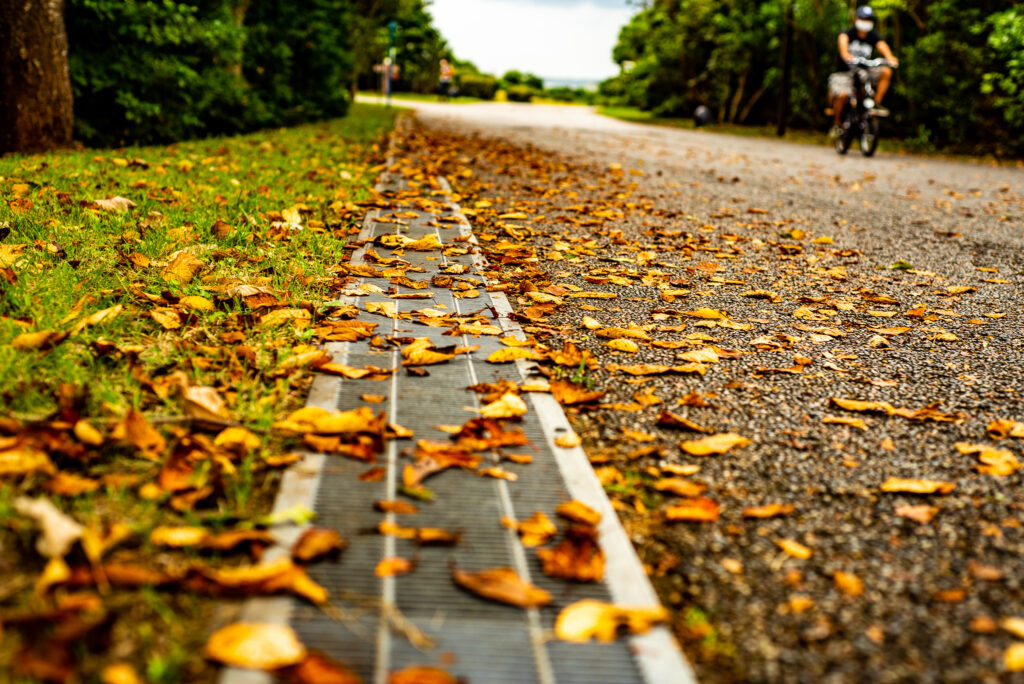
The walking path, paved with stones warned ‘slippery when wet’, the tarred cycling path said ‘cyclists slow down’ and a talking toilet midway on the path startling the walkers, telling everyone in English and Japanese that it is a multipurpose toilet.
That morning, startled by the unseasonal chill I suddenly missed summer.
Cicadas still chirped probably protesting the unseasonal chill, the ones lucky enough to have lead full lives in the summer heat littering the path, and an odd crow calling out, probably joining the Cicadas in their outrage.
The summer days stretch long, daylight seeping in by 4:30 in the morning and withdrawing only around 19:30. The humidity weighs down the sunshine, the days sweltering by 09:00. Amazingly by afternoon the heat seems more bearable, the body giving up its resistance, though the heat peaks by 15:00.
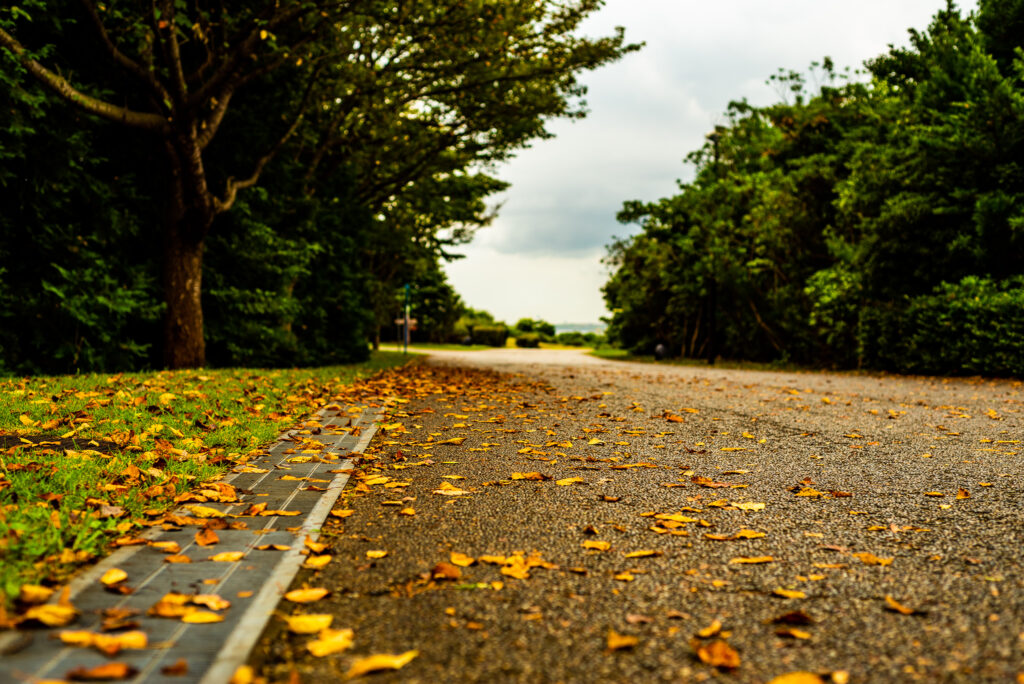
The day slowly fades, drawing itself away from the heat and when the the sunlight finally extinguishes, a cool breeze blows through the night. The nights, contracting in comfort, more often cloudy than not, obscuring the stars and seem fleeting.
The Olympics came to us this summer, a year late or a year early, the perspectives differ. An event where glory comes from physical discomfort being held in the middle of summer defies logic. Events had to be changed from day to evening or displaced to Hokkaido, a northern island and in theory cooler.
‘Who will be responsible if I die’, an exasperated tennis player asked the umpire, overcome by heat.
There was a lot of heartburn for those of us who waited for the Olympics for years only to be told that spectators would not be allowed. Television was the only source of viewing the events and the Olympics might as well be held in Patagonia, it did not really matter to those of us who lived in Tokyo.
Coincidentally or as a consequence, the Covid infection started creeping up till it exploded , while the Olympics were on. The foolhardy few who dared to venture out to the venues, lining up the streets outside, desperate in hope for a view, a glimpse of a favourite athlete, gave up hope and slunk back to the comfort and safety of their homes.
Vaccinations crept and crawled, refusing to pick up pace. The well oiled and efficient bureaucracy weighed down by pressure and poor planning sputtered, getting a vaccine appointment required lightening reflexes or in my case a series of calls to local doctors until one agreed to put me on a waiting list.
The waiting list wasn’t long and I had an appointment with a few hours notice, but in that desperation, even a few minutes notice would have worked.
The process showed efficiency after the first shot, one got an appointment for the second shot, exactly three weeks later. And like that I was vaccinated along with my family and did not suffer any side-effects.
Typhoons blew in bringing heavy rains, a resort town was swept away by a mudslide, all captured in frightening action, on camera. Other parts of Japan came under floods and there seemed no escape from nature.
The summer still lingered, the Olympics gave way to the Paralympics and the heat peaked. The infection numbers held steady, occasionally peaking and then falling back, just by a margin.
A distant war grabbed the news and for a few days the world forgot their masked prisons and stared in wonder at a far away land, largely maskless and apparently free from infections.
The Paralympics turned the attention back closer to home, a self-driven bus hit a blind athlete, the death rate from infections soared to all time highs and so did the temperatures.
Finally the heat ebbed, the infections slowed down, the vaccinations went up, the government even opened a walk-in vaccination centre for the young, in Shibuya, the youngest of all places.
Order seemed to return and as the Paralympics came to an end, the Prime Minister announced he was quitting by the end of the month. Even by the standards of the musical chairs politics and a faction ridden culture it came as a shock.
The press , searching for a new cause after the close of the Olympics and Paralympics, went wild in speculation. What went wrong, what could have been done better? That is the question on everyone’s mind, veering between disaster and disaster, we asked ourselves day after day, what could have been done differently?
The easiest escape was to pass the blame, the burden lightens when we can find someone to carry the load of shame and responsibility. Those in charge or at least those who have charge of something seemed to be the easier target. Self-introspection seemed fine as long as there was no responsibility to accept.
By early September the weather had remained cool long enough for the summer to seem like a distant memory. The Cicadas had gone quiet, the carcasses, decomposing and eaten away by scavengers, swept away.
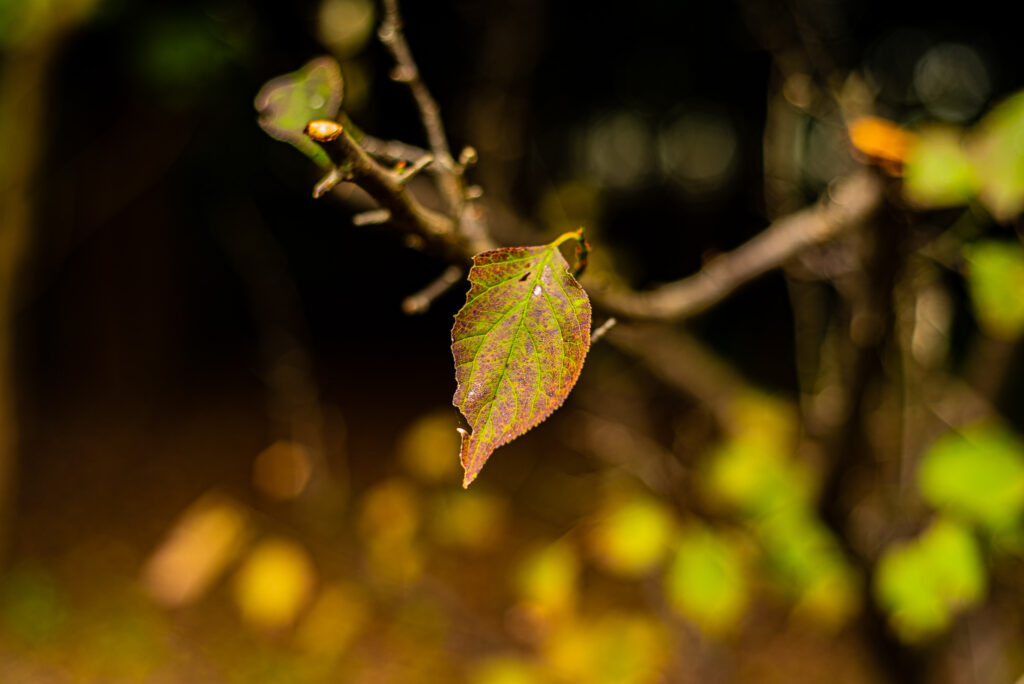
The heat came back for a few days, a late rally, but it was too late. The late and afternoon and evenings had a tinge of the chill, a foretaste for what would come.
We learnt that Mt Fuji had already received the first blanket of snow, a few weeks early. Someone reported doing a climb trudging through accumulated snow near the peak.The rains hung on, defying predictions and letting loose their downpour a few times every day.
As cooler evenings turned into a chilly mornings, the daybreak advancing ever so unnoticeably each passing day, weighed down by distractions and events beyond our control we didn’t notice that summer was gone.


